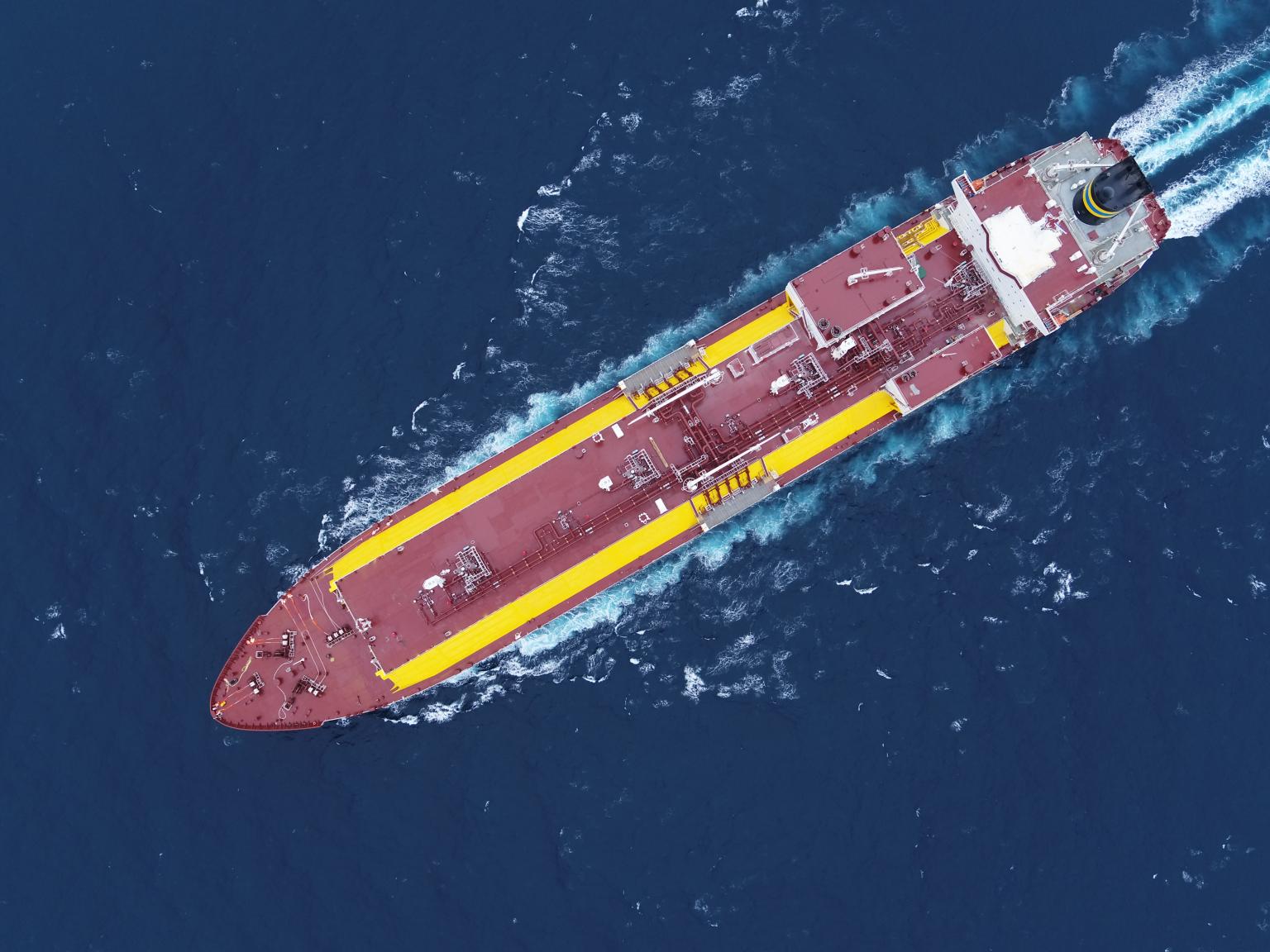This story requires a subscription
This includes a single user license.
Last week, Atlantic LNG shipping rates rose for the first time in seven weeks.
“Spark30S Atlantic rates have experienced the largest week-on-week increase since June, rising by $5,500 to $26,000 per day,” Qasim Afghan, Spark’s commercial analyst, told LNG Prime on Friday.

Spark25S Pacific rates continued to decline for a fourteenth straight week, falling by $2,250 to $26,000 per day.
“This is the first time that Atlantic and Pacific freight rates have been equal since May this year, with Spark25S (Pacific rates) having been priced at a significant premium for the last 6 months,” he said.
Spot LNG shipping rates are expected to remain “poor” for the remainder of the year, but the market for longer-term demand is still “very healthy”, according to Flex LNG CEO Øystein Kalleklev.
Kalleklev noted during Flex LNG’s quarterly call that “rates are softening, and they are down to very low levels, levels we have never really seen in the fourth quarter before.”
“And why is that? It’s really about the number of ships for delivery,” he said.
“You might have floating storage if gas prices are in contango, meaning that they are higher later in the year than spot, which can typically drive up to 30, 40 ships in floating storage,” Kalleklev said.
“This year we have high gas prices, but they are not in contango. So it means you are disincentivized to do floating of the cargoes. So number of available ships have been building up, also with the scheduled deliveries of ships,” he said.
Kalleklev said this means that the market is “amply” supplied with LNG ships.
European prices jump
In Europe, the SparkNWE DES LNG increased compared to last week.
“The SparkNWE DES LNG front month price for December delivery rose by $1.228 this week, pricing in at $14.107/MMBtu,” Afghan said.
He said this is the highest SparkNWE price since November 2023, and the largest week-on-week change since September, largely driven by the TTF rally seen this week.
“The discount to the TTF widened slightly, currently assessed at -$0.220/MMBtu,” he said.
“On the back of this large TTF rally, the US arb to NE-Asia (via the Cape of Good Hope) for December fell week-on-week by $0.65 and is currently pricing in at $-0.88/MMBtu, signaling prompt month US cargoes are incentivized to voyage to NW-Europe for an eight straight week,” Afghan said.
“This is the lowest US arb this year, and Spark30S Atlantic freight rates would have to drop to a record low of -$37,250 per day for this arb to open up,” he said.

Data by Gas Infrastructure Europe (GIE) shows that volumes in gas storages in the EU declined compared to the previous week and were 92.10 percent full on November 13.
Gas storages were 94.43 percent full on November 6 and 99.29 percent full on November 13, 2023.
Gas supply concerns
Northwest European LNG prices flipped to premium territory versus Northeast Asian benchmarks for the first time this year as European worries over supply shortages bolster sentiment, according to a report by Platts, part of S&P Global Commodity Insights.
The last few days in Europe have seen multiple bullish factors mounting concerns about supply tightness, the report said.
These include an announcement by Australia’s OMV saying that Russian gas supply to the company is at risk of stopping before the end of the year due to an arbitration case against Gazprom.
In addition, concerns are mounting as the market nears the expiration of the Russia-Ukraine gas transit deal at the end of 2024, Platts said.
JKM
In Asia, JKM, the price for LNG cargoes delivered to Northeast Asia in December settled at $13.655/MMBtu on Thursday.
Last week, JKM for December settled at 13.550/MMBtu on Friday, November 8.
Front-month JKM remained flat on Monday. It rose to 13.565/MMBtu on Tuesday and dropped to 13.555/MMBtu on Wednesday.
State-run Japan Organization for Metals and Energy Security (JOGMEC) said in a report earlier this week that JKM for last week (November 4 – November 8) rose to high-$13s on November 8 from high-$12s the previous weekend.
“In the first half of the week, JKM rose to low-$13s due to a sharp decline in the previous week but temporarily fell on November 6 on the sidelines of the US election. Later in the week, the price rose to high-$13s due to buying interest for winter,” JOGMEC said.

